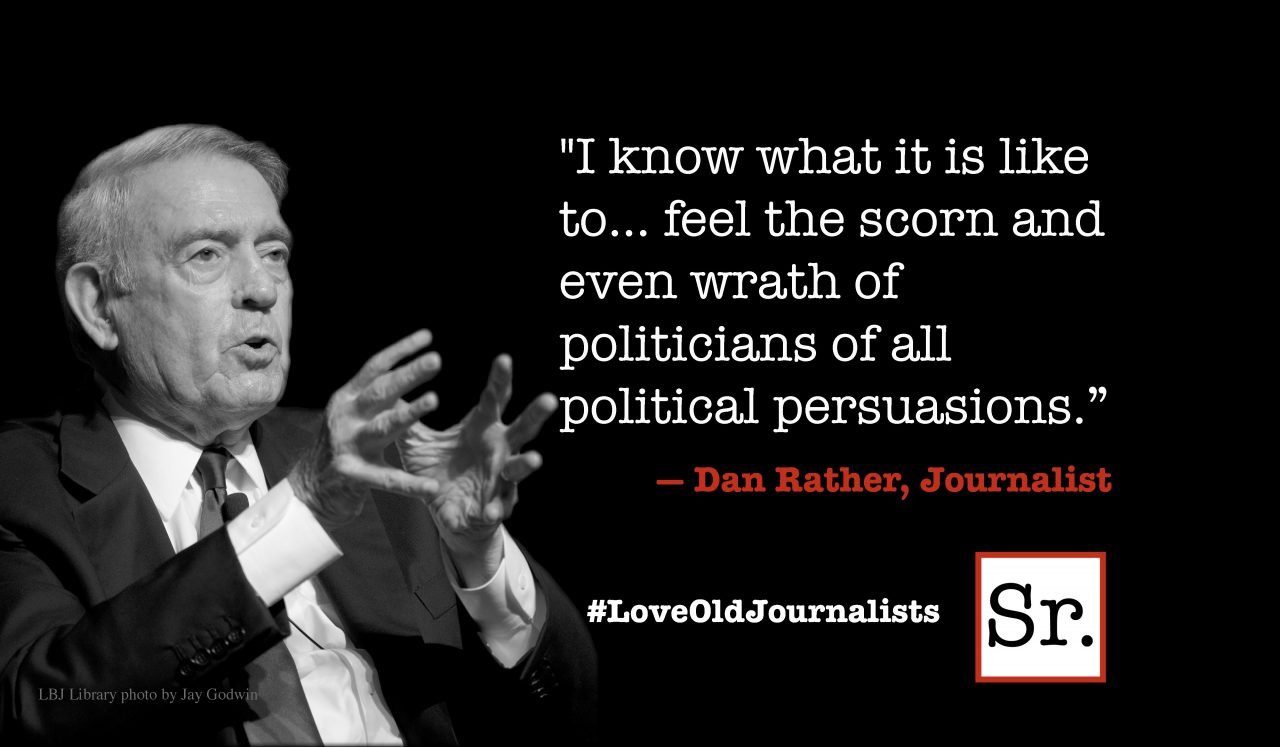Great marketing begins with great strategy. Great strategy seldom happens without sacrifice. Sacrifice is the natural path to differentiation. The best brand custodians know that you never promise a smorgasbord of benefits; trying to be all things to all people is a recipe for disaster. There’s more: a marketer’s product or service better deliver on the promise. If it doesn’t, great marketing cannot exist. What does this have to do with HR? Everything.
For the sake of brevity, I’ll list just five similarities between HR and brand marketing.
- HR’s product is the corporation’s human resource, the people required to build the product, produce it, sell it, ship it, invoice it and service it.
- Within every successful brand is a core promise. Wal-Mart promises low prices, every day. Wal-Mart people can’t deliver that promise without a super-efficient operation. These folks look for better ways to reduce their costs so they can reduce our costs. This is imbedded in the culture.
- Marketers determine how to bring the brand promise to life. HR brings human capital to life. In the high tech world, innovation is critical to survival. With this in mind, HR constructs the recruiting strategy, implements, and nurtures a culture conducive to innovation.
- Every brand has a personality. Imagine a high octane brand like Red Bull being supported by a bureaucratic, risk-averse, complacent group of employees. This is inconceivable. HR defines its own personality as well as the personality of its efforts – the workforce.
- A brand’s platform often includes a “reason to believe” the promise. What does HR’s brand stand for? If HR’s promise is a “nimble, creative, get-it-done” team of employees, there is a host of ways to deliver and demonstrate this positioning.
Now let’s move from theory to execution in a business world that’s more complex than ever, and moving at light speed. Job search behavior has changed and HR can no longer just think like recruiters. Today’s candidates have social media savvy. They’re bloggers, content curators, product raters, mobile app makers and technology experts. They are quick to judge and form opinions based on what they see online. They aren’t shy about telling the world with a single tweet. That tweet can bring an onslaught of bouquets, but also a heap of bricks.
This is leading to the importance of HR as a strategic partner in the C-suite. Nothing is more important to the corporate brand than its human capital. The glue that binds leadership, strategy, and execution is people – quality individuals at the board level, in the C-suite, in the cubicles, on the factory floor, and in the field. That’s why HR, the CEO, and the CMO should be joined at the hip.









